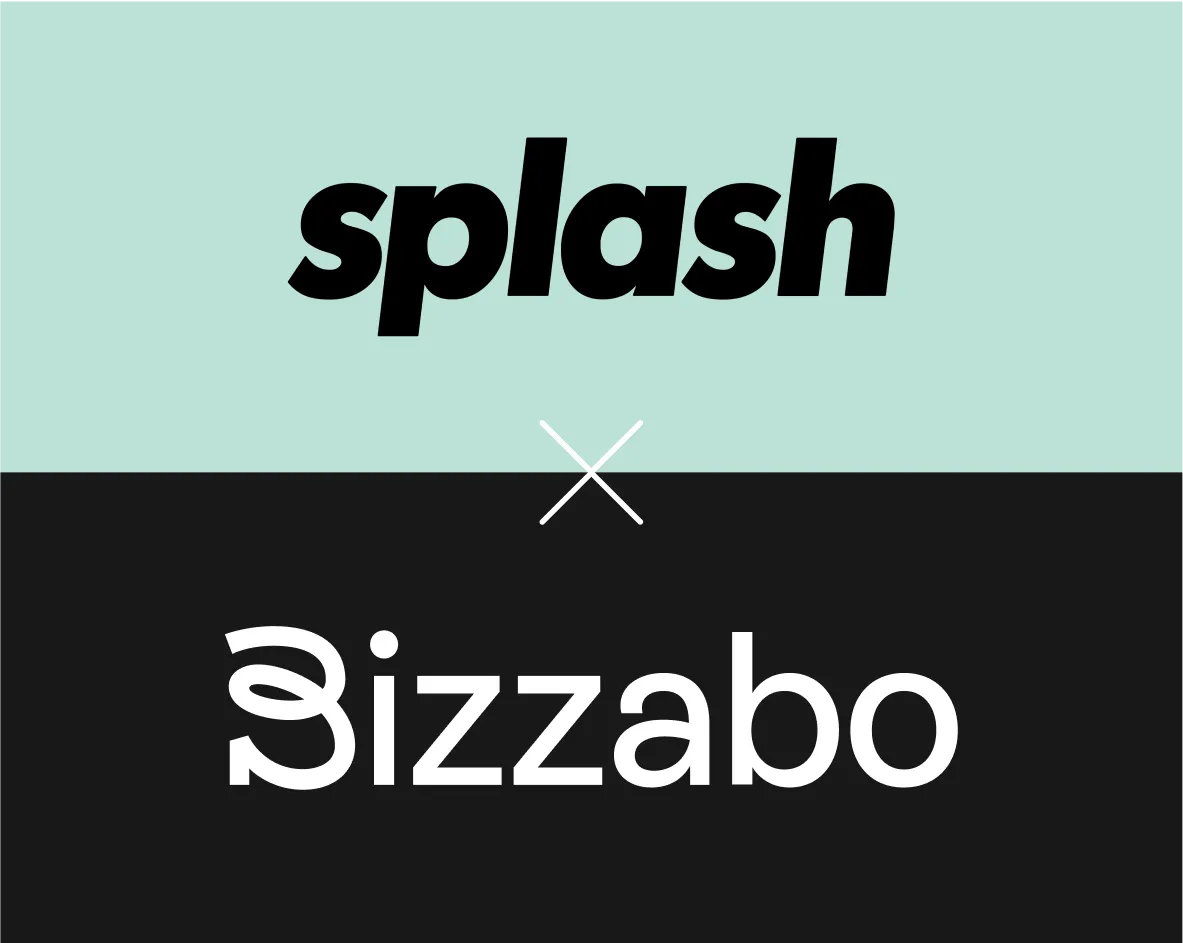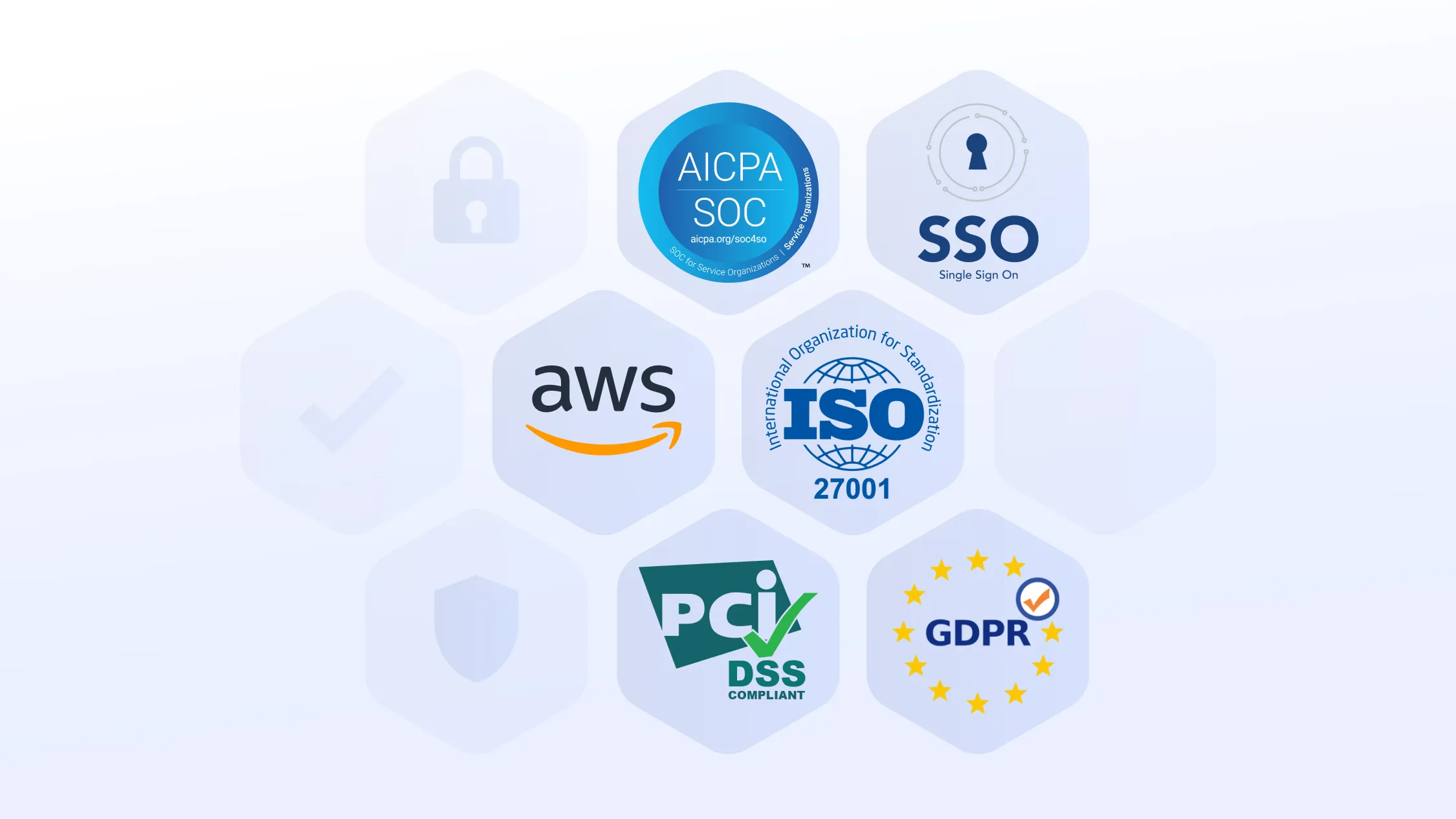Managing conference abstracts is often a time-consuming challenge. It usually involves sifting through countless submissions, coordinating the peer review process, ensuring timely notifications, and managing text changes while striving to maintain a seamless experience for submitters and reviewers.
Abstract management software offers a comprehensive solution to these challenges. By streamlining complex processes and automating repetitive tasks, it facilitates smoother event management.
This guide is designed to navigate you through the implementation of this powerful tool, leading to improved efficiency, enhanced collaboration, and an overall superior attendee experience.

Assessing Your Needs and Objectives
Before searching for abstract management software solutions, it's vital to understand your event's unique needs and objectives first. Each event is different, after all!
Identify your current pain points in the abstract submission and review process. Consider aspects like the scale of your conference, submission volume, the complexity of the review process, and integration requirements with other systems. These insights will help you pinpoint the exact functionality you require from your abstract management software.


Researching Available Solutions
In the sea of digital solutions, identifying the right abstract management software for your needs can be complex. The key is to adopt a strategic approach in your search. Prioritize core functionalities, such as submission management, customizable review workflows, robust data security, and comprehensive reporting capabilities. These features form the backbone of an efficient abstract management system.
As part of your research, thoroughly analyze user reviews to understand each platform's real-world performance. Demos or trials are also invaluable, offering a first-hand experience of the software's user-friendliness, customer support, and overall functionality.
A crucial decision point in your research process is choosing between a standalone abstract management solution and an all-in-one event management platform with abstract management functionality like Accelevents. Here's a quick breakdown to guide your decision:
Standalone Abstract Management Software:
Pros:
- Specific focus on abstract management processes (submission process, review process)
- Often provides more detailed and specialized features for abstract handling.
Cons:
- Integration with other event management tools may take time and effort.
- Potentially higher costs and complexity in managing multiple software solutions.
All-in-one Event Management Platform:
Pros:
- Seamless integration of abstract management with other event functionalities.
- Streamlines workflows and reduces the need for juggling multiple software solutions.
Cons:
- Abstract management features may not be as detailed or specialized.
- The platform may include extra features you don't need, potentially increasing costs.
Ultimately, the choice will depend on your needs, event scale, and team capabilities. Thorough research and careful consideration are crucial to making an informed decision that brings you closer to your event success goals.


Factors to Consider When Evaluating Abstract Management Software
When evaluating abstract management software solutions for your event, you must consider various factors in detail to ensure you are sourcing the right platform for your needs. Here are the factors to consider:
Functionality
- Submission Management: Look for submission software that provides a streamlined submission process, including customizable submission forms and file format support.
- Review Process: Ensure the software offers efficient abstract review workflows, allowing reviewers to access and evaluate abstracts easily.
- Notifications: Check if the software provides real-time notifications to inform submitters, reviewers, and organizers of updates and deadlines.
Customization and configurability
- Customizable Workflows: Look for software that allows you to tailor the abstract management workflow to match your specific requirements.
- Templates: Check if the software offers customizable templates for abstract submission, review criteria, acceptance notifications, and more.
- User Roles: Ensure the software allows you to configure user roles and permissions, ensuring the proper access and control for different stakeholders.
Integration and Compatibility
- Seamless Integration: Consider whether the software integrates smoothly with other event management systems, such as registration platforms or conference management tools.
- Data Compatibility: Check if the software supports standard file formats, such as CSV, for easy data import and export.
User-Friendliness and Support
- User-Friendly Interface: Look for software that provides an intuitive and user-friendly interface, minimizing the learning curve for event organizers, submitters, and reviewers.
- Customer Support: Ensure the software offers reliable customer support, including documentation, tutorials, and responsive assistance when needed.
Scalability and Performance
- Scalability: Consider whether the software can handle the scale of your event, accommodating a large volume of abstract submissions and reviewers.
- Performance and Reliability: Check if the software has a solid track record for performance and reliability, ensuring smooth operation during critical stages of your event.
Data Security and Privacy
- Robust Security Measures: Ensure the software has robust data security measures to protect sensitive information.
- Compliance: Check if the software adheres to data privacy regulations, such as GDPR or CCPA, to protect personal data.
Reporting and Analytics
- Reporting Capabilities: Consider whether the software provides comprehensive reporting and analytics features, allowing you to gain insights into abstract submission trends, review process efficiency, and other valuable metrics.
Cost and Pricing Model
- Pricing Structure: Evaluate the pricing model of the software, considering factors such as subscription fees, additional feature costs, and potential hidden costs.

Top 7 Abstract Management Software Solutions
Let's take a quick tour of some leading conference software and abstract management solutions on the market, listed alphabetically, that is, not by preference:

1. Accelevents: Accelevents is a comprehensive enterprise-grade event management platform ideally suited for onsite and virtual conferences. With features like speaker approval workflows, automated speaker onboarding, bulk import of speakers and sessions, and easy upload of presentations and other conference content, Accelevents simplifies the entire speaker management process. The platform also offers event registration and check-in tools, mobile apps for attendees, admins, exhibitors, and interactive attendee engagement tools.

2. CadmiumCD: Cadmium serves meeting planners who hold large and small educational events, from nonprofit conferences to corporate user groups and everything in between.

3. Cvent: Cvent is an all-in-one event platform for enterprises that automates all aspects of in-person, hybrid, and virtual events. They offer many features, including an abstract management software module for academic and research conferences.

4. Dryfta: Dryfta is a comprehensive event management platform that offers a full-stack event CRM, allowing academic conferences, symposiums, and nonprofits to seamlessly manage their event registration, abstract submissions, email campaigns, event schedule, attendee data, and more from a single, user-friendly dashboard.

5. EasyChair: EasyChair is a versatile conference management platform that streamlines the submission, peer review, and selection process of academic papers and abstracts.

6. Ex Ordo: Ex Ordo is a user-friendly platform designed to simplify the management of conference abstracts and papers, eliminating roughly 80% of the administrative workload. It's versatile and scalable, catering to various industries, locations, and organizations worldwide.

7. OpenWater: OpenWater is a reliable abstract management software trusted globally, offering comprehensive features to collect and review abstracts, organize and publish sessions, and manage speakers on one user-friendly platform. Remember, each platform brings its unique strengths to the table. So, choose one that resonates best with your event management requirements.

Planning the Implementation Process
After choosing the best event management software for your needs, implementing the system requires a well-thought-out plan. You'll need to develop a timeline, allocate resources, and engage stakeholders.
Identifying and assigning implementation roles and responsibilities is also crucial. Who's going to configure the software? Who's in charge of data migration? Answering these questions will set the stage for a smooth implementation process.


Data Migration and Integration
Moving your existing abstract data into your new software system can seem daunting. But, with careful planning and attention to data accuracy, consistency, and security, you can pull it off seamlessly.
Also, remember to consider the integration of the abstract management software with your existing systems, like CRM tools, attendee registration systems, and conference management platforms. The last thing you want is incompatible software!

Configuring the Software
Once your abstract management software is integrated, it's time to configure it to align with your event's unique needs. Whether it's the submission forms, review criteria, acceptance notifications, or user roles, each aspect needs to be customized to optimize your abstract management process.

Training and Onboarding
A shiny new abstract management system won't do you much good if your team doesn't know how to use it effectively. Comprehensive training is a must, be it via documentation, video tutorials, or in-person workshops. Remember, providing ongoing support and a feedback loop can ensure continuous improvement.

Testing and Quality Assurance
Before you take your new software for a spin in the actual event, test drive it! Conduct submission testing, review simulations, and data validation to identify potential issues or software limitations. As the saying goes, "Better safe than sorry!"

Communicating with Authors and Reviewers
Clear communication with authors and reviewers is critical during the implementation process. Establish effective communication channels to handle queries and manage expectations. After all, everyone loves being in the know!

Monitoring and Evaluation
Just like watching the crowd's reactions at your event, monitoring the performance of your abstract management software is paramount. Monitor metrics like submission volume, review turnaround time, and user satisfaction to ensure your system is performing at its best. Remember, continuous analysis and adjustments are your tickets to a flawless experience.

Conclusion
Implementing abstract management software may seem like a big task, but with this step-by-step guide, you're well-equipped to handle it. The benefits of a well-executed process far outweigh the initial effort, promising smoother event management, enhanced attendee experience, and a sigh of relief from you, the event planner.
So why wait? Take the plunge, transform your abstract management process, and feel the difference. And if you need more guidance, remember, we're just a demo booking away!








